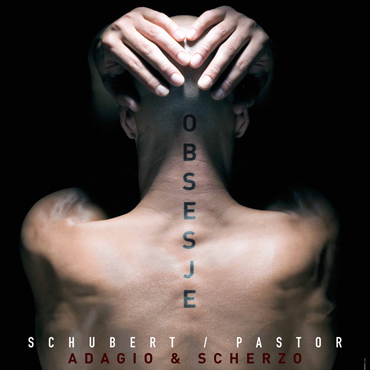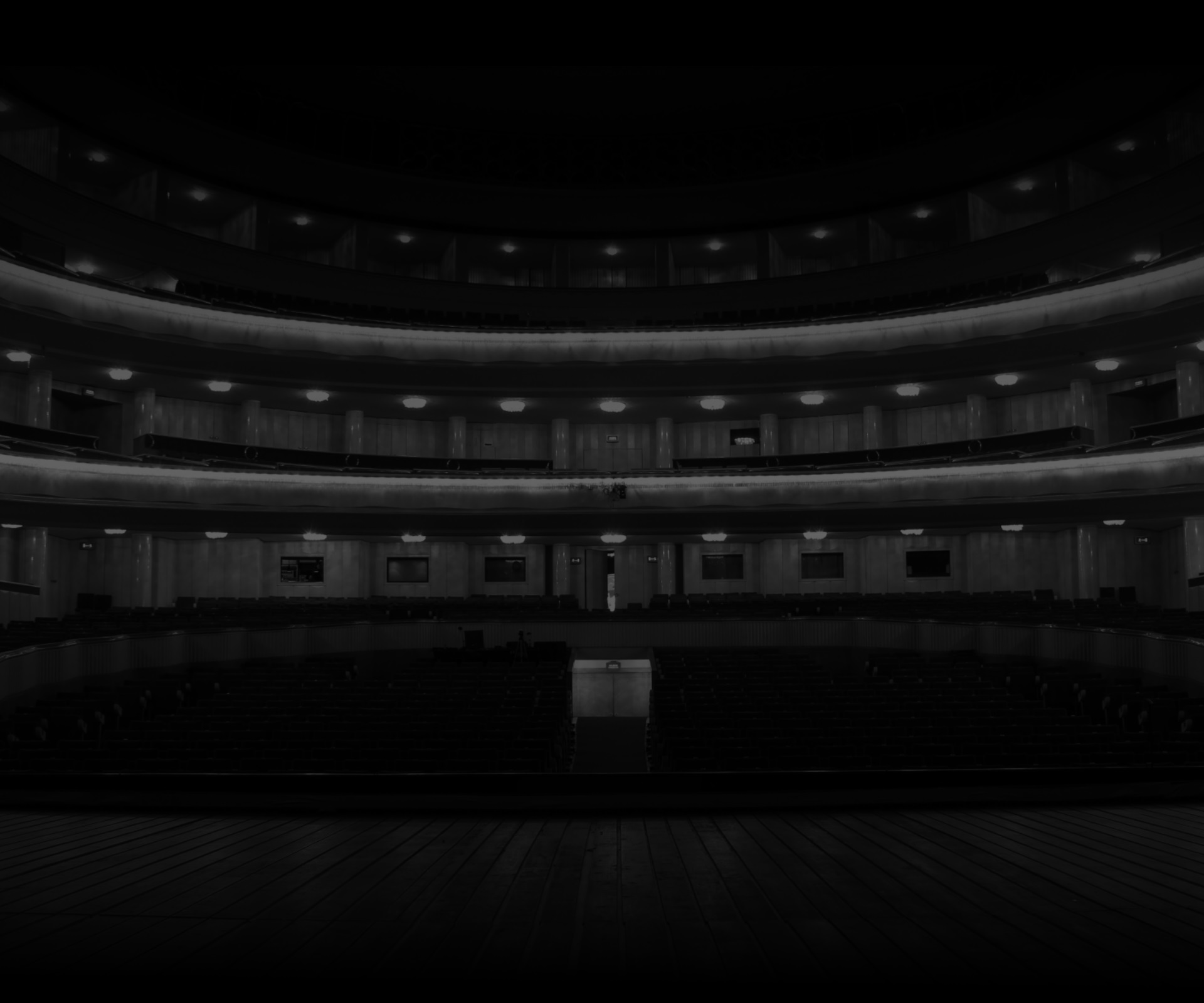
Austrian romantic composer Franz Schubert (1797-1828) began to study music in 1805: his father taught him the violin, his brother introduced him to the piano, and the local organist to the organ and elements of harmony. In 1808 he became a member of the court boy's choir in Vienna and was admitted to the Stadtkonvikt (Imperial Seminary) run by Piarists to study under Antonio Salieri, one-time rival of Mozart. At that time Schubert started to write music, and his pieces were quickly becoming more and more mature artistically.
In 1814 Schubert developed a fascination for German romantic literature. He composed the song Gretchen at the Spinning Wheel, now considered the first romantic song in history. He read Goethe and Schiller, which prompted him to compose 145 songs to texts by romantic poets in 1815. Next year he wrote 100 more songe, as well as symphonies, works for the stage, and piano pieces. In 1818 he spent the summer as music teacher to the Esterházy family. Despite his efforts he never found permanent employment, and was forced to live off freelance teaching jobs.
In the 1820s a highlight of Viennese cultural life were 'Schubertiaden', social gatherings featuring concerts in which Schubert played the central role. His songs were eagerly sung all over Vienna, but the composer's lack of connections and poor social standing meant that the performers were mostly oblivious to the name of the author.
Schubert's ambition was to write operas, but all of his operatic endeavours failed. His instrumental music, symphonies, and chamber pieces were rarely played during his lifetime. A breakthrough came with Schumann's and Liszt's praises for Schubert's music, as a result of which his symphonies became a fixture in philharmonic halls' repertoires. He was most successful as a composer of songs. He wrote around 600 of pieces for voice and piano in his lifetime.
Schubert was a complex musical personality. Seemingly polished and neatly constructed, his works are full of diguised demons of an alienated soul. Schubert's music is a concealed cry for help of a deadly scared man. A man who is well-mannered enough to try to rein in his panic. 'Schubert is like a dog,' wrote Elfriede Jelinek,'that senses imminent danger from afar.' He died at the age of 31 of a sexually transmitted disease.
OBSESSIONS
A ballet triple bill
ADAGIO & SCHERZO
Choreography: Krzysztof Pastor | Music: Franz Schubert
RETURNING WAVES
Choreography: Emil Wesołowski | Music: Mieczysław Karłowicz
MOVING ROOMS
Choreography: Krzysztof Pastor | Music: Alfred Schnittke, Henryk Mikołaj Górecki




